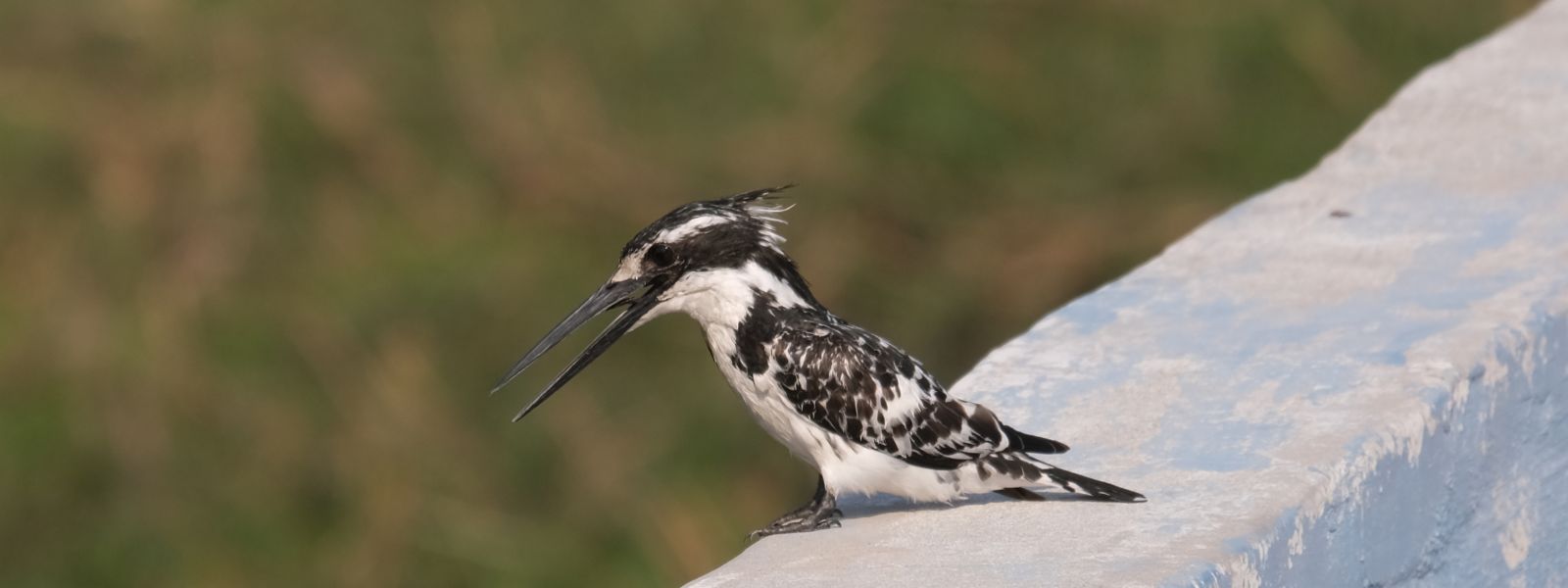The ability of kingfishers to dive beneath the surface water has evolved a number of times. Adaptations for diving involve a combination of respiratory and cardiovascular response that are striking.
If a human scuba diver return to the surface too rapidly, the nitrogen gas in the diver’s lung comes out of solution as bubbles in the blood, causing pain, dizziness, paralysis, unconsciousness and even death.
The blood volume of kingfishers is commonly larger than that of diving species. They have a large amount of oxygen stored in their hemoglobin. Kingfishers has a blood volume of 12 percent, compared to humans which is only 7 percent. There is also a large amount of oxygen stored in muscle myoglobin.
Most adaptations of kingfishers is for them to have oxygen conservation from cardiovascular response. The heartbeat of most kingfishers decrease markedly and the distribution of blood is restricted largely to the heart and brain. When the kingfishers are diving, they will virtually shut their kidneys. A large oxygen dept is paid on resurfacing.

